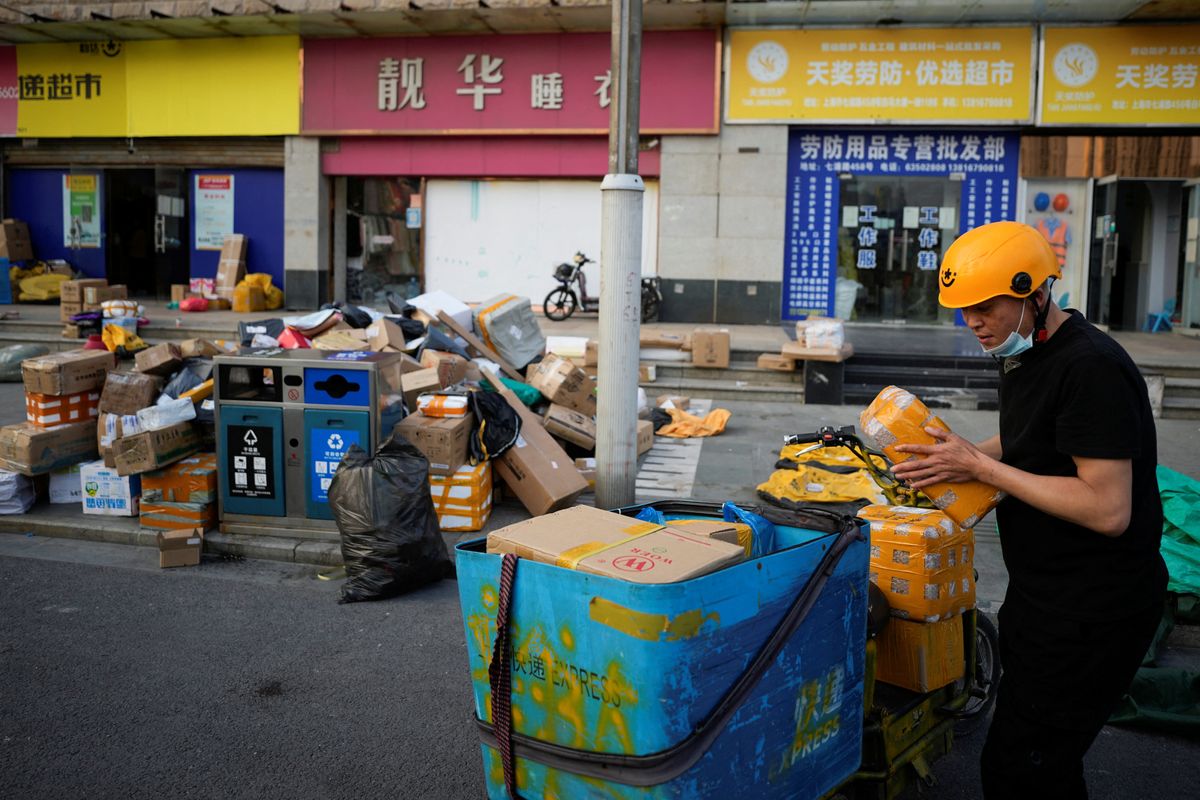China’s Singles’ Day is facing challenges after tech and celebrity crackdowns
Happy Singles' Day! In case you didn't know, Singles' Day is the biggest Chinese online shopping day of the year.

A few minutes every morning is all you need.
Stay up to date on the world's Headlines and Human Stories. It's fun, it's factual, it's fluff-free.
Happy Singles' Day! In case you didn't know, Singles' Day is the biggest Chinese online shopping day of the year. It started in the 90s as a sort of "anti-Valentine's Day," where singles treated themselves to presents, but eventually, it became a more widespread, commercial shopping day. Now, it's even bigger than Black Friday and Amazon Prime Day combined. Last year, Bain & Co. estimates that Singles' Day took in around 952 billion yuan (US$131 billion). And it's no wonder – e-commerce is a huge market in China, accounting for more than 38% of the country's GDP, and live-streaming is one of the biggest e-commerce channels in China.
But this year, Singles' Day is facing some challenges. For one, consumer confidence is down because of COVID lockdowns and high inflation. Then, there are the after-effects of China's tech crackdown. For example, heavyweight Alibaba's sales forecasts this year are pretty gloomy. Don't forget about the celebs. Singles' Day has always hosted a ton of celebrities and influencers selling products – until recent scandals, from rape allegations to tax evasion, sent them running from the public eye. And, just last week, China put new regulations on celebrity advertising as part of its drive to align society and youth culture with "socialist core values."
Anyone looking to tune in to the queen of live-streaming Viya, who sold about US$1 billion worth of products at the event last year, will be disappointed. She and a bunch of other celebs won't be showing up this year because of celebrity crackdowns.
Key comments:
“Celebrities should consciously practise socialist core values in their advertising endorsement activities, and endorsement activities should conform to social morals and traditional virtues,” said the new regulations announced by the Chinese government.
“We need to educate people, especially the youths, with the Hongqi canal spirit that China’s socialism is won by hard work, struggles and even sacrifice of lives. This was not only true in the past but also true in the new era,” said Chinese President Xi Jinping, according to Chinese state media.
“In recent years, livestreaming seems to have created a quick way for brands to get famous and sales boomed,” said Dave Xie, principal of consultancy Oliver Wyman. “Amid the recent falls of the superstar livestreamers, brands are now actively speeding up the development of their own livestreaming studios” in order to cut ties with the top influencers, while retailers are also shifting to smaller platforms.




Comments ()